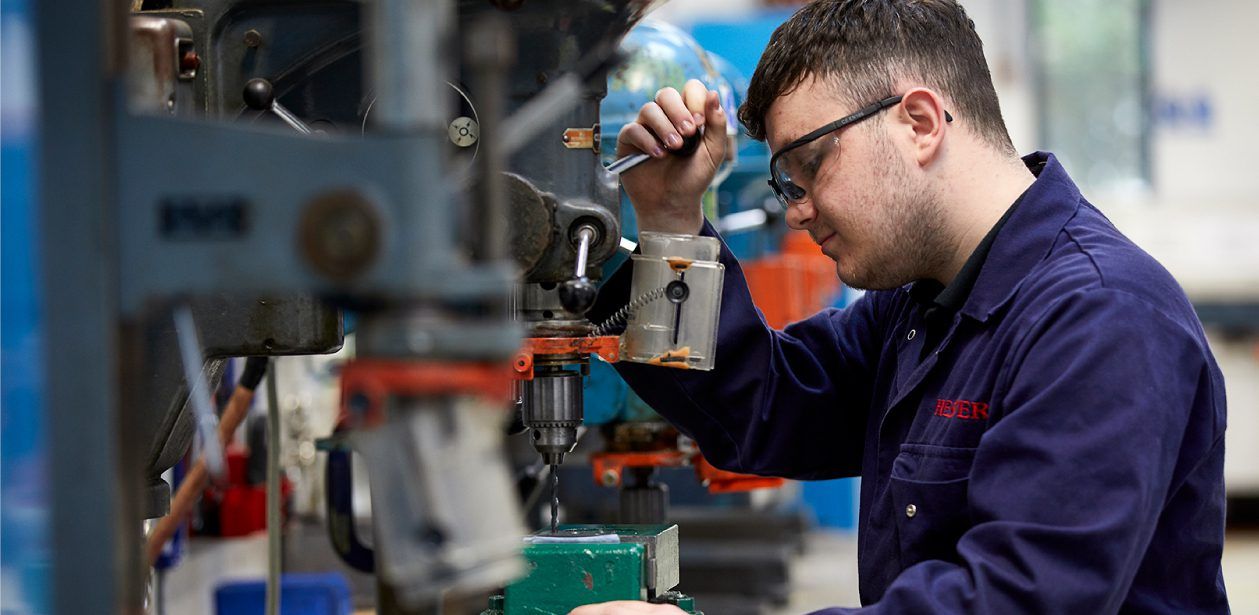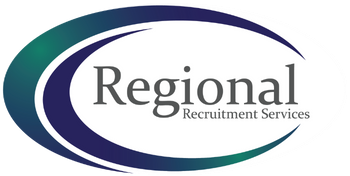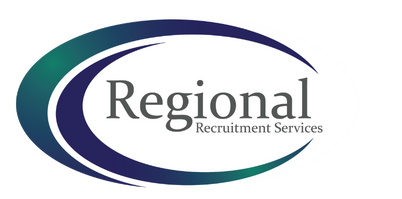Joyful Jobs: Where Everyday Feels like Christmas
The importance of company culture in the workplace...
Company culture outlines the shared values, attitudes, behaviors, and standards that make up a working environment, each culture is unique to an organisation. A motivational and inclusive company culture lays the foundation of a diverse, driven workforce. Culture attracts people who want to work or do business with a company.
An organisations mission statement can tell you a lot about the company culture. A mission statement tells you about the goals, values, and objectives of the organisation, giving insight into a company’s priorities and how they align with their vision.
At Regional we pride ourselves on our company culture, we have a dynamic, diverse, progressive (and fun!) culture. Our team has expanded to encompass consultants with diverse backgrounds, strengths, and qualities, creating a vibrant and varied mix within our ranks.
Employee Engagement
Company culture is important for employees in any organisation, a healthy workplace generally means happier employees, and employees that are happier at work are likely going to be more engaged and productive.
Culture can draw on employee engagement for a number of reasons, there is a clear connection between a healthy working environment, employee satisfaction, productivity, and engagement. A healthy working environment promotes communication, collaboration, wellness, trust, empowerment, and other factors. A company that fosters environments like this, builds the foundation for a positive workplace culture.
Employee satisfaction can come from a number of things: achievements, career development, company values, and management (to name a few). Creating a supportive and fulfilling working environment makes employees feel valued, heard, and appreciated, making them feel more satisfied in their job.
Employees who are satisfied with their jobs and work in a healthy environment tend to be more productive. Creating a positive culture for employees encourages them to invest more time and effort into their tasks, productive employees also deliver a better service to customers, this reiterates the point that company culture affects many people, not just employees.
These three points all contribute to employee engagement by fostering a positive, supportive, and fulfilling work environment. Organisations that prioritise these elements are likely to have a better company culture and chance of overall success.
Recruitment & Retention
Company culture is extremely important when it comes to recruitment, a company that is known for it’s culture or shares insights of it on social media will attract top talent and individuals who want to be apart of their culture. The culture of an organisation mirrors the company’s brand and, in turn, draws in potential applicants. A positive and inclusive culture attracts top talent aligned with the company's values, while a negative culture can deter potential hires. Cultivating a strong culture is crucial not only for employee satisfaction but also for building a dynamic team through effective recruitment.
Company culture also significantly impacts employee retention. Building a supportive and welcoming culture encourages long-term commitment by fostering satisfaction and a sense of belonging, when individuals identify with the values and work environment, they are more likely to feel motivated and engaged, reducing turnover rates. Conversely, a toxic culture can lead to dissatisfaction and higher turnover rates. Investing in a positive company culture is key to retaining valuable talent and building a stable workforce.
At Regional we aim to show off our thriving company culture through our marketing, we use our social platforms to show what we are up to as a company and the type of people who work for us, this allows our customers and clients to see the type of company we are when deciding to work with us.
Innovation & Adaptability
The culture of an organisation highly influences its ability to sustain innovative practices. An innovation-friendly culture encourages employees to think creatively, take risks, and share ideas without fear of criticism. When employees feel empowered, supported, and valued, they are more likely to contribute novel solutions and embrace a mindset of continuous improvement.
A company with a rigid or hierarchical culture can stifle innovation by discouraging risk taking and limiting the flow of ideas. Prioritising a culture of innovation often includes promoting collaboration, open communication, and a willingness to experiment. This creates an environment where employees are likely to grow in their roles by exploring new approaches, technologies, and methodologies, allowing the business to become adaptable and competitive in the evolving business landscape.
Adapting to change can be a lot easier with an innovative and transparent working culture, by encouraging employees to think outside the box and find creative solutions, individuals in such environments are likely to face challenges head on with resourcefulness.
Diversity & Inclusion
A diverse workforce brings together individual of different backgrounds, which brings forward varied perspectives, experiences, and skills, building a team full of creativity and innovation, such leading to more effective problem-solving and a broader range of ideas.
Diversity and inclusion also align with ethical and moral principles, reflecting a company’s commitment to fairness and equal opportunities, this not only gives the company a good reputation but also attracts a broader pool of talent, a diverse pool of talent can contribute to better-decision making and a more adaptable organisation.
Fostering diversity and inclusion is not just a matter of corporate social responsibility; it’s a strategic imperative for building a resilient, innovative, and thriving company culture.
Conclusion
Company culture is one of the most important factors for organisational success, influencing engagement, recruitment & retention, innovation & adaptability, and diversity & inclusion. Culture shapes the working environment, impacting hoe employees work, innovate, and adapt to change. A strong culture aligns individuals with shared values, encouraging unity, resilience, creativity and overall success.











